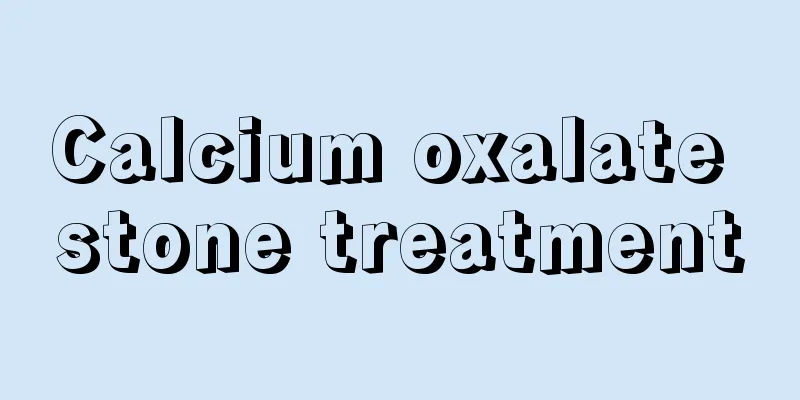What should I do if I have acute reactions to radiotherapy for nasopharyngeal carcinoma? What are the complications after radiotherapy for nasopharyngeal carcinoma?

|
How to deal with the acute reaction of radiotherapy for nasopharyngeal carcinoma? What are the complications after radiotherapy for nasopharyngeal carcinoma? 1. At the beginning of radiotherapy, anti-edema and nasal washing can effectively prevent nasal adhesion: 3 times a day, in the morning before radiotherapy and before going to bed, rinse with warm water, then rinse with light saline to remove secretions on the surface of nasopharyngeal mucosa, reduce radiotherapy reactions, and increase the sensitivity of cancer cells to radiation. 2. Experts recommend that nasopharyngeal cancer survivors put a basin of water in the room to maintain a certain indoor humidity when the climate feels dry, and use cod liver oil or compound peppermint oil to drop 3-4 drops every day to moisturize the nasal cavity and nasopharyngeal mucosa. It is best to master the correct cleaning method of the nasopharyngeal washing machine. The specific operation method is as follows: install it in the nasopharyngeal washing machine with 100ml of washing liquid, hold the nasopharyngeal detergent in the right hand, slowly inject the detergent into both sides of the nose alternately, and then spit it out from the mouth. After washing, do not blow your nose to prevent the pressure in the nasopharyngeal cavity from increasing and secondary infection in other parts. What are the complications of nasopharyngeal carcinoma after radiotherapy? ① Systemic reactions: including fatigue, dizziness, loss of appetite, nausea and vomiting, tastelessness in the mouth, insomnia or drowsiness. Some patients may experience blood changes, especially leukopenia. Although the degree of this phenomenon varies, it can usually be overcome through symptomatic treatment. If necessary, vitamin B1, vitamin B6, vitamin C, metoclopramide, etc. can be taken. ② Local reaction: including skin mucosal salivary gland reaction, manifested as dry dermatitis or wet dermatitis. Topical use of 0.1% ice talcum powder or lanolin as a matrix anti-inflammatory ointment mucosal reaction, manifested as nasopharyngeal oropharyngeal mucosal congestion, edema, exudation and secretion accumulation. Mouthwash and lubricating anti-inflammatory agents can be used topically. In a few patients, parotid gland irradiation of 2Gy may cause parotid gland swelling for 2 to 3 days, and then gradually subside. When irradiated. 40Gy saliva secretion is significantly reduced, oral mucosal secretion is increased, mucosal congestion and swelling, patients have dry mouth, difficulty eating, and excessive irradiation of the parotid gland should be avoided. |
<<: How to treat liver cancer bone metastasis?
>>: How to know the stage of gastric cancer?
Recommend
Is pancreatic cancer hereditary?
Pancreatic cancer is related to heredity, which c...
How to keep grapes fresh
Grapes are a kind of fruit that many people like ...
What is the reason for the black back of the neck
Many times, people will find that their neck is v...
How to treat psoriasis, prevention is the key
At present, there are three methods for treating ...
Three metastatic pathways of liver cancer
My mother was diagnosed with liver cancer metasta...
Can chemotherapy be used for advanced nasopharyngeal carcinoma?
Can chemotherapy be used for advanced nasopharyng...
What are the symptoms of lung cancer in daily life?
What are the symptoms of lung cancer in daily lif...
The role of tumor markers in the diagnosis of colorectal cancer
Tumor markers refer to antigens and other biologi...
Is fever with lung cancer good or bad?
Is fever with lung cancer good or bad? 1. When lu...
What should I do if someone snores and I can’t sleep?
There are several groups of people who are partic...
What are the main foods that lower blood lipids?
If you do not pay attention to dietary moderation...
The hair on my arms is white
Under normal circumstances, human body hair is bl...
What are the effects of wheat germ juice
The effects of wheat malt juice are actually main...
Don't ignore the three major symptoms of brain cancer
Brain cancer is a very serious disease that can e...
Hanging next to the nails
Babies living in rural areas will play with clay ...









